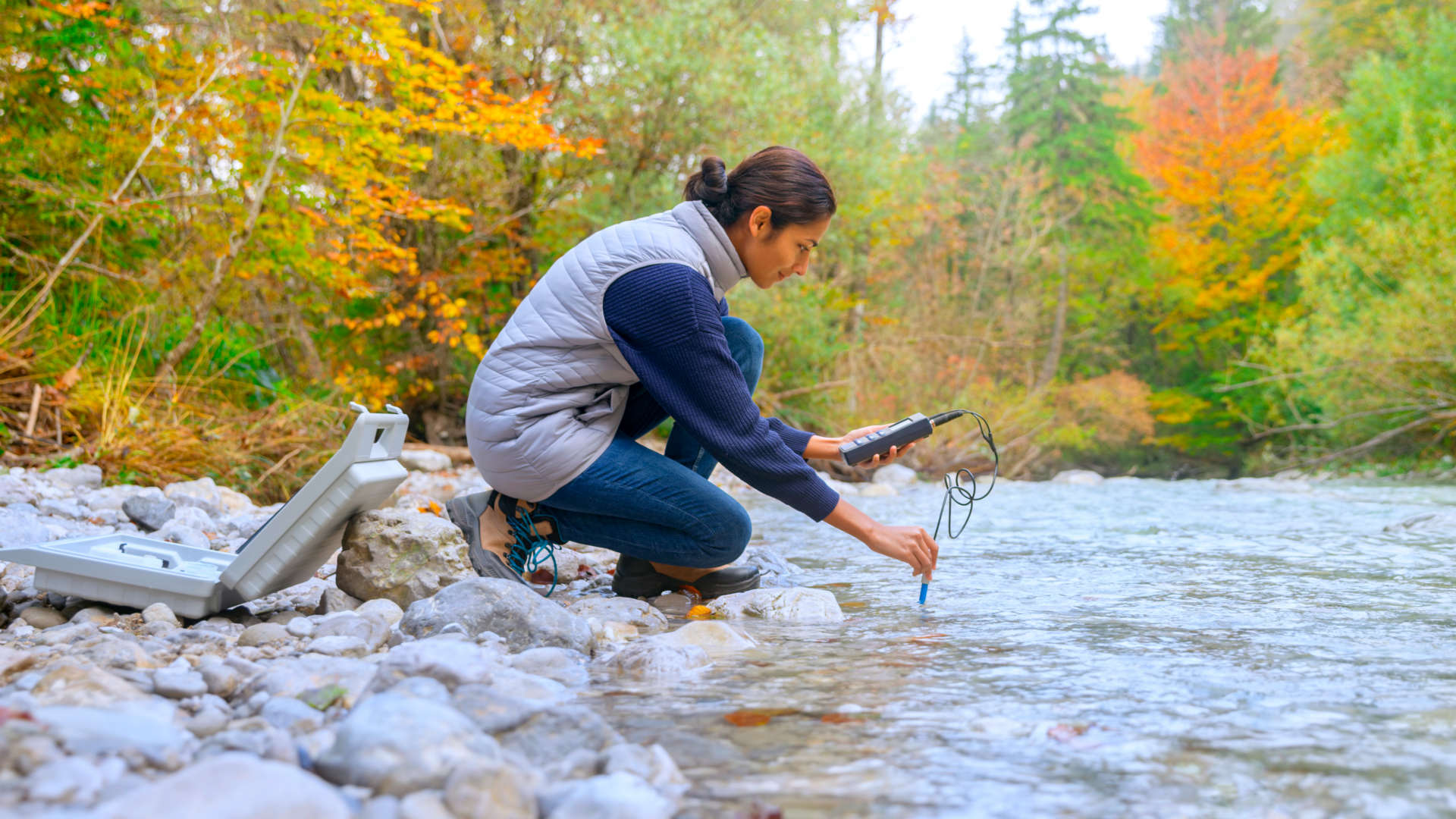Beyond the Lab: The Hidden Emotional Toll of Scientific Expeditions

The Hidden Challenges of Fieldwork: Surviving and Thriving in Extreme Research Environments
Scientific research often demands more than just intellectual prowess—it requires remarkable resilience and adaptability, especially for researchers working in remote and challenging field sites. These environments test the limits of human endurance, pushing scientists to navigate complex physical, mental, and emotional landscapes far beyond the comfort of traditional laboratories.
Imagine conducting research in isolated locations: windswept Arctic tundras, dense tropical rainforests, or scorching desert landscapes. Researchers face extraordinary challenges that go well beyond standard professional expectations. Extreme temperatures, limited resources, isolation, and unpredictable conditions can create a perfect storm of stress that demands exceptional personal strength.
Physical challenges are just the beginning. Researchers must contend with limited communication, minimal medical support, and constant uncertainty. The psychological toll can be profound—feelings of loneliness, anxiety, and emotional exhaustion are common companions in these remote settings. Moreover, the pressure to collect valuable data while managing personal well-being creates a delicate balancing act.
Successful field researchers develop unique coping strategies: maintaining robust mental health practices, building strong team dynamics, establishing clear communication protocols, and cultivating personal resilience. These skills are as crucial to scientific discovery as the research itself, transforming challenging environments from obstacles into opportunities for groundbreaking work.
As we continue to explore the world's most demanding research environments, we must recognize and support the incredible human spirit that drives scientific exploration—a spirit that thrives even in the most unforgiving conditions.








